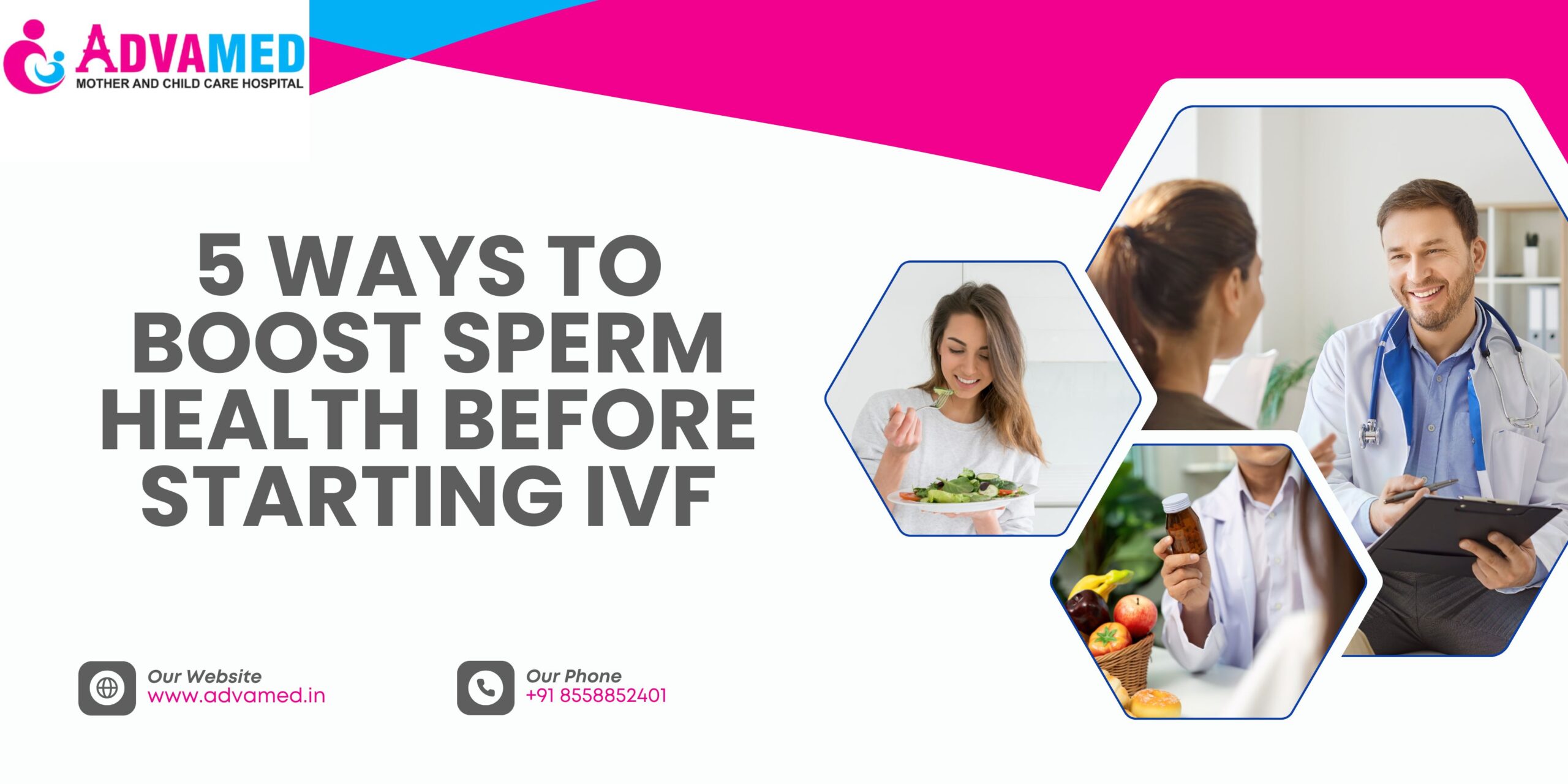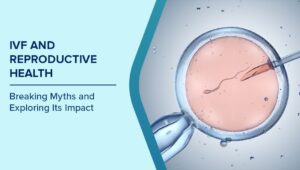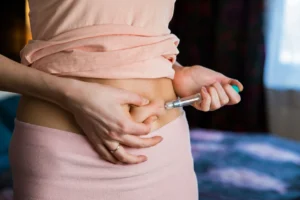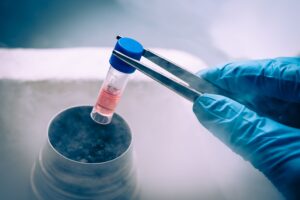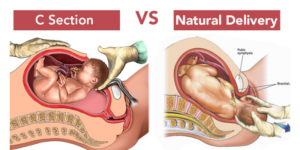When a couple plans for IVF, most of the focus usually goes toward the female partner. But sperm quality has a major role in IVF success too. Even if semen analysis looks “normal,” improving sperm health can increase the chances of healthy fertilization and embryo development.
Sperm health depends on count, movement, shape, and DNA quality. The good thing is sperm cells regenerate roughly every 72 days. That means small changes in habits can show real improvement within 2 to 3 months. Hence this is the appropriate moment when the male partner seeking IVF ought to make some adjustments that favor improved fertility.
Below are practical sperm health tips based on research, not guesswork.
1. Clean Up Your Lifestyle Early (At Least 3 Months Before IVF)
Lifestyle directly affects sperm production. It may feel routine or harmless, but many daily habits can harm sperm quality quietly over time.
Avoid Smoking
Smoking reduces sperm count and increases DNA fragmentation. This applies to:
- Cigarettes
- Hookah
- Vaping
- Marijuana
If quitting feels tough, reduce gradually but consistently. Ask your doctor for nicotine replacement if needed.
Limit Alcohol
Regular alcohol intake lowers testosterone and sperm production. Keep it to minimal social use or stop during IVF prep. Your goal is not perfection, just consistency.
Exercise in Moderation
Exercise improves hormonal balance. But avoid heavy bodybuilding cycles or intense heat exposure.
Simple workouts you can do:
- 30 to 45 min brisk walk or light gym 5 days a week
- Yoga for flexibility and stress relief
Avoid:
- Steroid based supplements
- Extreme weight training that spikes cortisol
Maintain Healthy Weight
Extra body fat increases estrogen in men, decreasing sperm formation. Even losing 5 to 7% of body weight can improve semen parameters.
2. Improve Nutrition With Specific Fertility Supportive Foods
Diet is also a significant factor since the sperm cells require antioxidants. These are the nutrients that decrease oxidative stress that otherwise destroys sperm DNA.
Focus on:
- Vitamin C sources: Oranges, amla, kiwi, tomato
- Vitamin E: Almonds, sunflower seeds, groundnut oil
- Zinc: Pumpkin seeds, peanuts, eggs, seafood
- Omega 3: Fish, walnuts, flaxseed
- Protein & minerals: Eggs, dairy, lentils, lean meats
Try to build meals with:
- One fruit daily
- One handful of nuts or seeds
- One source of lean protein per meal
- Adequate water
Avoid Excess Processed Foods
High sugar, fried snacks, and packaged items trigger inflammation. Don’t aim to cut everything. Just reduce frequency so your system stays balanced.
Supplements
Some supplements help sperm quality, but avoid self prescribing. Possible doctor recommended ones:
- Coenzyme Q10 (CoQ10)
- L-carnitine
- Omega 3 capsules
- Zinc + Selenium combinations
- Vitamin D, if low
Ask your fertility doctor before starting to match dose and duration.
3. Protect the Testicles from Heat and Toxins
The optimum temperature in sperm production is between 2 to 4°C below the body temperature. Excess heat in the groin causes low sperm count and motility.
Reduce Heat Exposure
Avoid:
- Tight underwear
- Hot baths or steam rooms
- Keeping laptops directly on the lap
- Long bike rides daily
Switch to:
- Loose cotton shorts or boxers
- Cool showers
- Laptop desk/table
Check Workplace Exposure
If your job involves:
- Chemicals
- Heavy pollution
- High temperature machinery
Wear protective gear and take breaks when possible.
Even small habits matter. Example: removing the phone from the front pocket helps. The phone emits heat and sometimes radiation. Keep it in your bag or jacket instead.
4. Manage Stress & Sleep to Support Hormone Balance
Stress doesn’t just affect mood. It reduces testosterone and interferes with sperm production. And many men push stress aside, thinking it doesn’t matter. But studies show stress directly affects semen quality.
What Helps
- Breathing exercises 10 min daily
- Consistent sleep schedule
- Physical activity outdoors
- Limited screen time before bed
Aim for Sleep Quality
7 to 8 hours per night is enough for most people. Sleep is when your hormones repair and reset. If your sleep is broken, sperm production suffers even if your diet is good.
Emotional Aspect
Preparing for IVF can feel heavy. Some men feel pressure because they think fertility problems are a “failure.” It is not. Infertility is common and medical. Be open with your partner. A calm and supportive environment helps both partners.
5. Get a Proper Medical Evaluation and Follow Up
Even healthy looking men can have hidden sperm concerns like:
- Low motility
- Varicocele (vein swelling around testicles)
- DNA fragmentation issues
Key Tests to Ask For
- Semen analysis (repeat at least twice, spaced apart)
- Hormone profile (FSH, LH, Testosterone, Prolactin)
- Ultrasound scrotum for varicocele if suggested
Treatable Conditions
A varicocele can be treated surgically if it significantly affects sperm. Hormonal imbalances can be corrected with medication. In some men, simply adjusting lifestyle is enough to show improvement in 3 months.
The sooner the evaluation, the better. Do not wait until the IVF cycle start date. This preparation time can make a difference in embryo quality and pregnancy success rates.
Quick Summary
Focus Area | Practical Action |
Lifestyle | Quit smoking, limit alcohol, exercise moderately |
Diet | Add antioxidants, protein, omega 3s, cut processed foods |
Heat protection | Loose clothes, no hot tubs, avoid laptop on lap |
Stress & sleep | Daily relaxation, 7 to 8 hours sleep, open communication |
Medical review | Semen tests, hormone tests, treat varicocele if needed |
Do these consistently for at least 8 to 12 weeks for real improvement.
Support for Male Fertility at Advamed
In case you are about to undergo IVF and would like the male partner to be given specific instructions, Advamed provides organized counseling and fertility services. You are able to communicate with the specialists in the language of you who instruct lifestyle changes, nutrition planning, stress management, and medical assessment. This will assist you in IVF with more confidence, and high possibilities of success.
FAQs
Sperm cells regenerate every 72 days, so consistent changes like quitting smoking, better nutrition, and stress management can show noticeable improvements in count, motility, and DNA quality within 2-3 months. Start at least 8-12 weeks before your IVF cycle.
Focus on antioxidant-rich foods: Vitamin C from oranges and kiwi, Vitamin E from almonds, zinc from pumpkin seeds and eggs, and omega-3s from fish and walnuts. Include one fruit, a handful of nuts/seeds, and lean protein per meal, while limiting processed sugars and fried foods.
Yes, sperm production requires a temperature 2-4°C below body temperature. Avoid hot baths, tight underwear, laptops on the lap, and long bike rides. Opt for loose cotton boxers, cool showers, and keep phones out of front pockets to reduce groin heat.
Supplements like CoQ10, L-carnitine, omega-3s, zinc, selenium, or Vitamin D can help if levels are low, but only under doctor guidance. Avoid self-prescribing to prevent interactions or overdosing—get tested first.
Request a semen analysis (repeat twice), hormone profile (FSH, LH, testosterone, prolactin), and scrotal ultrasound for varicocele. These can identify treatable issues like low motility or DNA fragmentation, improving IVF outcomes with early intervention.


